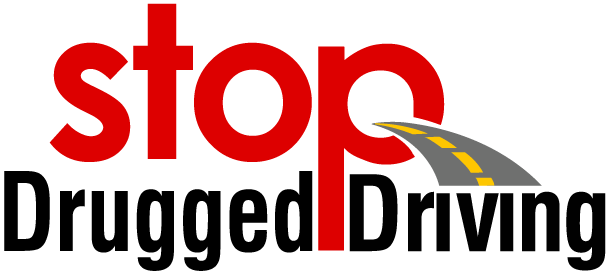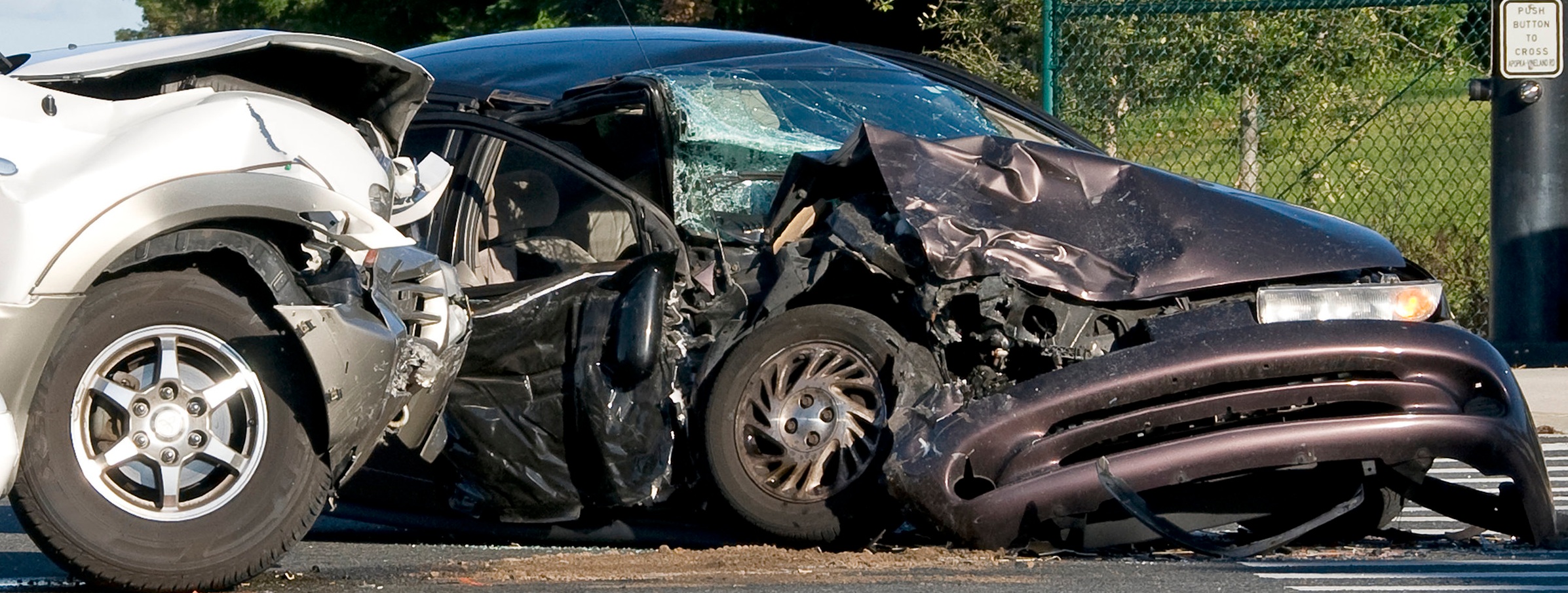We Must REDUCE THE Tragic TOLL OF DRUGS ON OUR NATION'S ROADS
While there are effective public health and public safety messages about the dangers of drunk driving, there is little public knowledge of the threat to highway safety of drugged driving. Rates of drunk driving in the United States have declined dramatically, supported by effective laws, strong enforcement and widespread education. This public safety and public health success can be further improved by new efforts focused on drugged driving.
Efforts to reduce drug-impaired driving support and complement - and do not compete with - efforts to reduce alcohol-impaired driving.
Impairing drugs are increasingly found in impaired driving suspects, seriously injured drivers and among drivers involved in fatal crashes. Learn more.
More Drugged Driving Research is Needed Now
For decades there has been a growing and impressive body of scientific study on the effects of drugs on driving. While it is clear that, like alcohol, drug use by drivers puts everyone on the road at risk, there are essential research priorities to document and track the problem of drugged driving that must be addressed today.
What needs to be done?
Improving the identification and removal of drug-impaired drivers from the road starts with improved driving under the influence (DUI) and driving under the influence of drugs (DUID) laws.
The Institute for Behavior and Health teamed with the National Partnership on Alcohol Misuse and Crime to develop model laws for drugged driving.
Questions about Drugged Driving Enforcement? Start Here
There are many misconceptions about the way drugged drivers are identified by law enforcement. We walk through typical driving under the influence (DUI) enforcement procedures and identify new opportunities for improved enforcement.
Did you know --
When DUI suspects have an illegal Blood Alcohol Concentration (BAC) of 0.08g/dL or more, they are almost never drug tested.
When drivers are tested for drugs, it is after they have been arrested for DUI.
Typically, only arrested DUI suspects who test negative for alcohol are tested for drugs.
IBH Leadership
On February 24, 2021, the Institute for Behavior and Health co-hosted a virtual event with The Heritage Foundation to bring a renewed focus on drugged driving with the help of former White House Drug Czars:
In September 2021, Robert L. DuPont, MD, President of the Institute for Behavior and Health, addressed the problem of marijuana-impaired driving to an international audience at the Nordic Summit on Cannabis held in Copenhagen, Denmark:
DRUGGED DRIVING Resources
Across the country national policy organizations as well as drugged driving victim advocacy organizations are focusing on new efforts to reduce drug-impaired driving.
About US
Learn about the Institute for Behavior and Health and consider making a tax-deductible donation today.



